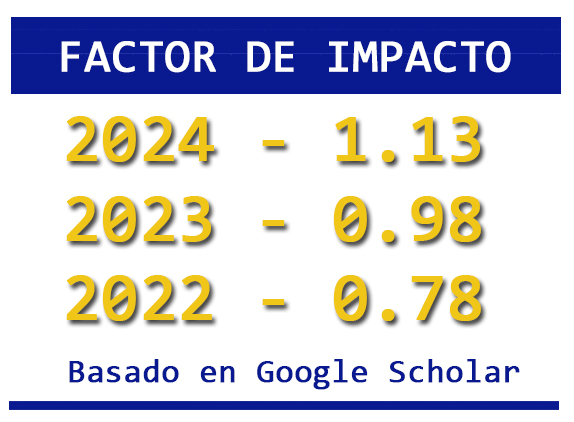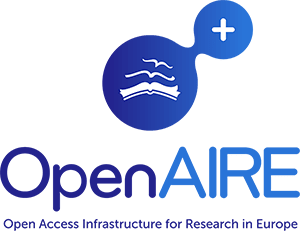Model theory and method for the determination of the key factors in the effectiveness of the projects management of rural housing in Loja Ecuador
DOI:
https://doi.org/10.36790/epistemus.v12i25.83Keywords:
model theory, method, systemic approach, key indicators, sustainability, rural housing projectsAbstract
ttempts to develop a general methodology applicable to all types of project in any environment have failed, since greater generalization become more abstract and inoperative. Optimize the resources available to the project by stakeholders, avoiding that for lack of foresight, management and control, deviate, squandering or be misused resources, frequently occurs mostly in public works in government programs.
The research aims to present a proposal for a theoretical model and a method with systemic approach that will help us to determine the key indicators of effectiveness in their stages of development to the success of the projects of rural housing programs in the Province of Loja, Ecuador, adapting the procedures of the PMI PMBOK, to the specific conditions of the environment, detailing the political, legal and cultural variables and perceptual in which this program develops, making parts available stakeholders information comprehensive and timely for the decision-making process, so that this...
Downloads
References
Amendola, L. (2004), Estratégicas y Tácticas en Dirección y Gestión de Proyectos. Project Management. Universidad Politécnica de Valencia.
BUENO, E. (2007), Organización de Empresas. Estructura, procesos y modelos, 2.ª ed., Madrid: Pirámide.
Burneo, S., Delgado R, (2011), La Gestión Empresarial para la construcción de viviendas de interés social, Caso de Estudio la Provincia de Loja-Ecuador. Ponencia, III Congreso RIIPRO, Hermosillo México.
Burneo, S., Delgado R, (2014), La Gestión Empresarial para la construcción de viviendas. Caso de estudio Loja-Ecuador. Ponencia, VI Congreso RIIPRO, Medellín Colombia.
Cleland, D. & King, W. (2014) Manual para la Administración de Proyectos (págs. 15-53). México: Patria.
Delgado, R. (2012), La Dirección Integrada de Proyectos haciendo uso de las Nuevas Tecnologías de la Informática y las Comunicaciones. Libro de texto. Editado por CETA. ISPJAE. Cuba.
Díaz, V (2014). El concepto de ciencia como sistema, el positivismo, neopositivismo y las “investigaciones cuantitativas y cualitativas” Revista Reflexiones Vol. 30, N° 2, 2014 ISSN 0120-5552 http://dx.doi.org/10.14482/ sun.30.1.4309 DOI: https://doi.org/10.14482/sun.30.2.5490
Espinet, S. & Sánchez, M.E. (2017) Ciencia del Proyecto. Aplicación a proyectos de construcción. España: Editorial Académica Española. ISBN 978-3-639-76816-9
Espinet, S. & Sánchez, M.E. (2017) Investigación Cualitativa en Arquitectura Aplicación a proyectos de construcción. España: Editorial Académica Española. ISBN 978-3-639-48757-2
Espinet, S. (2007) Notas de clase: (Ciencia del Proyecto, Maestría en Construcción Civil, UNL), Loja – Ecuador.
García, F. (2006). Compendio de arquitectura legal: derecho profesional y valoraciones inmobiliarias. Barcelona: Editorial Reverté.
Heredia, R. (1995) Dirección Integrada de Proyecto – DIP – “Project Management”. 2ª Edición. Escuela Técnica Superior de Ingenieros Industriales. Universidad Politécnica de Madrid.
Hernández Sampieri y otros, (2016): Metodología de la Investigación. Editorial McGraw Hill. Sexta Edición. México.
LLEDO, P. (2014) “Dirección Profesional de Proyectos: como aprobar el PMP”, 4ra. Edición. Victoria, BC, Canadá, pp.328–330. ISBN 978-987-05-5681-7.
Macías, J. & Gonzales L. (2010), Ciencia del Proyecto, Matanzas, Cuba.
Palacios, C. (2003) Ejecución y Control de Obras Civiles, Ingeniería del Tercer Milenio. SEDAB, Loja Ecuador
PROJECT MANAGEMENT INSTITUTE (PMI). “A guide to the project management. Body of knowledge”. (PMBOK Guide), 6ta Edición. 2016.
Downloads
Published
How to Cite
Issue
Section
License

This work is licensed under a Creative Commons Attribution-NonCommercial-NoDerivatives 4.0 International License.
The magazine acquires the patrimonial rights of the articles only for diffusion without any purpose of profit, without diminishing the own rights of authorship.
The authors are the legitimate owners of the intellectual property rights of their respective articles, and in such quality, by sending their texts they express their desire to collaborate with the Epistemus Magazine, published biannually by the University of Sonora.
Therefore, freely, voluntarily and free of charge, once accepted the article for publication, they give their rights to the University of Sonora for the University of Sonora to edit, publish, distribute and make available through intranets, Internet or CD said work, without any limitation of form or time, as long as it is non-profit and with the express obligation to respect and mention the credit that corresponds to the authors in any use that is made of it.
It is understood that this authorization is not an assignment or transmission of any of your economic rights in favor of the said institution. The University of Sonora guarantees the right to reproduce the contribution by any means in which you are the author, subject to the credit being granted corresponding to the original publication of the contribution in Epistemus.
Unless otherwise indicated, all the contents of the electronic edition are distributed under a license for use and Creative Commons — Attribution-NonCommercial-ShareAlike 4.0 International — (CC BY-NC-SA 4.0) You can consult here the informative version and the legal text of the license. This circumstance must be expressly stated in this way when necessary.
The names and email addresses entered in this journal will be used exclusively for the purposes established in it and will not be provided to third parties or for their use for other purposes.
























